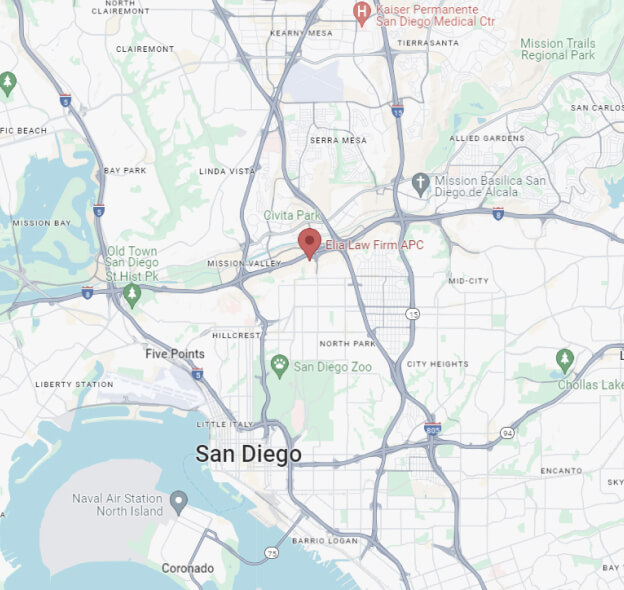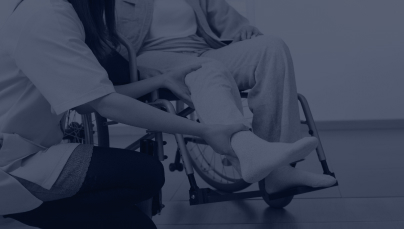So you’re out with friends… you’ve had a drink or two. You KNOW you’re not drunk, but admit that you’re slightly “buzzed.” It’s still okay to get behind the wheel, right? Wrong!
According to a new car accident study, even drivers with a slight buzz are more likely to be at fault for accidents than the the sober drivers they hit. After examining more than 570-thousand accidents between 1994 and 2011, the authors of the study found that there is no safe level of alcohol in the bloodstream when it comes to driving.
“This has a very wide range of implications,” lead author David Phillips, a sociologist at University of California, San Diego, said. “For the individual driver it means don’t drive while buzzed, and for a passenger, don’t get in a car with a driver who is buzzed.”
Among the findings in the study:
- Drivers with a blood alcohol content of .01 percent, were 46% more likely to be solely blamed for the crash than a sober driver.
- An adult man would need half of one 12-ounce beer to generate a .01 percent BAC. The legal driving limit is .08%.
- For men and women, as blood alcohol level increased, so did the possibility of blame for the accident.
The study is reported to be the first nationwide analysis of data on “buzzed” drivers.
Many European countries have legal limits of .05, and limits in Sweden and Japan are even lower. Bottom line: The only safe driver is one with zero blood alcohol content.
As for legal implications in the U.S., “in the case of judges, the data suggest that it’s extremely arbitrary to punish harshly people above .08 and leniently .05, .06. 07,” says Phillips.
In fact, you can be convicted of drunk driving with a .02 BAC, – especially with regard to inexperienced drinkers.
Our firm of San Diego car accident lawyers will guide you through the legal implications and the rights of those involved in suspected drunk driving accidents. We make every effort to support victims through such trauma by getting medical bills paid and covered– and making sure they do not suffer financially through any lost wages or insurance claims.
Everyone has a story. What’s yours?
- Who Is at Fault in a Motorcycle Lane Splitting Accident in California? - August 26, 2024
- Are Dogs Attacking Without Warning or Are We Misinterpreting Key Signals? - March 4, 2024
- Can You Sue If No One Witnessed Your Slip and Fall Injury? - February 10, 2024












